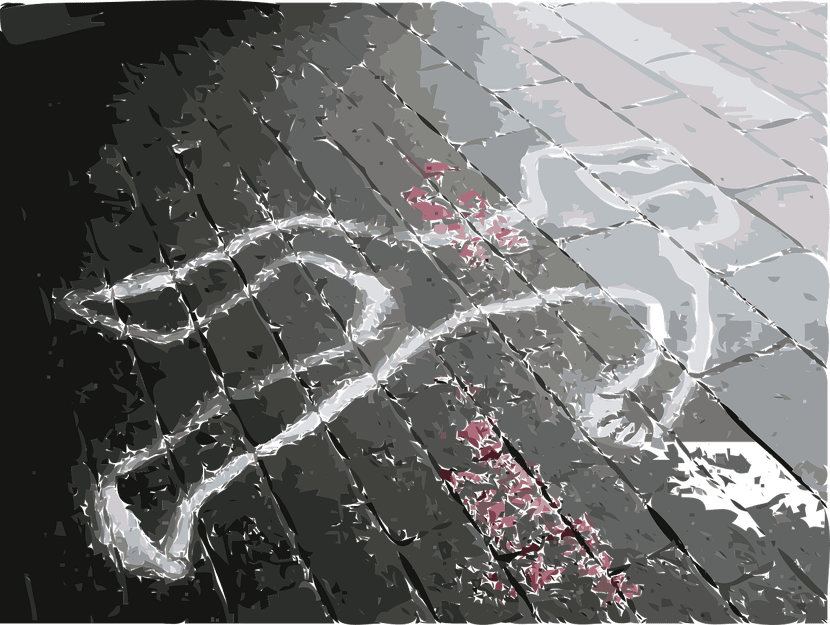
Private Detectives: What to do if I find a corpse?
From Sherlock Holmes to Pepe Carvalho through Hercule Poirot, Phillip Marlowe or the recent Cormoran Strike, we all have an idea of what a private detective does in our heads.
Tough guys or not so much, who investigate at the request of a client or for a personal matter not closed, some tortuous case where there is usually one or more corpses and some very bad bad that they end up getting caught.
"Dad, Mom, I'm going to study detective"
Few of us know that in Spain, if our son tells us when he reaches the Baccalaureate: "Dad, Mom, I'm going to study detective", it is as valid as if he tells us that he wants to study Medicine or Engineering, because there is an official degree in Private Detective, a University degree, which can be accessed in several Spanish Universities and can even be studied at a distance, at UNED, and is Essential legal requirement to practice as a private detective. Any other option is professional intrusion.
The detective and the bad guys.
Detectives in novels mainly investigate murders, even amateurs, such as Father Brown or Dupin (Poe's, not Jean-Luc Bannalec's, who belongs to the French police) Bill Hodges or Lisbeth Salander. In Spain it would not be possible private detectives cannot investigate prosecutable crimes ex officio, that is, those that justice pursues even if no one denounces it, like murder. If a detective in Spain comes across a murder in the course of his investigation, his legal duty is to report it and hand over to the Police all the information he has. If not, the evidence obtained by these detectives could be declared void. Stieg Larson would roll over in his grave if he found out that he would have to release the psychopath faced by his brave Lisbeth Salander for not having valid evidence with which to convict him. For this reason, in the Spanish crime novel, the detectives are usually policemen or civil guards.
Detectives with no past on the mugshot.
Some of the best-known detectives in the literary world have had more than one run-in with the law. In the reality no convicted person for a fraudulent crime, or against honor, image, etc ... can be detective. Watch out Marlowe, forbidden to break the law!

Novel Detectives: Any resemblance to the real ones?
Perry Mason is unemployed.
In Spain the profession of detective can only be carried out within a detective agency, and for this you need to be a detective. It is not possible, for example, to be a lawyer, unless he also has a detective degree and license in addition to that of a lawyer. On the other hand, what would the black genre be if Perry Mason had not existed?
Detectives with locksmith skills.
The scene of the detective who cannot resist any lock and searches for evidence in the suspect's house is so common that it gets confused in our minds when we try to remember one in particular. Fiction in this case surpasses reality, a private detective can never investigate privately nobody and that includes the address. What's more Entering without permission of the suspect is a crime burglary where you could lose your license. Neither eIt is possible to investigate in reserved places such as a hotel room or interfere with secret communications.
Teenagers and they are already detectives.
From Los Cinco or Guillermo the detective, we come to the present with Berta Mir or Nik Mallory who investigates the murder of her father, going through the first adventures of Sherlock Holmes when he was still a teenager. Sadly, all of them they will have to wait until they come of age and finish university to be able to practice the profession that they are passionate about, although it is not bad to practice but, yes, without breaking the law.
What can a detective do?
The most common tasks of a detective in Spain are:
- For private clients: Investigate behavior of smaller commissioned by their parents or investigate infidelities for the offended spouse.
- For the public administration and insurance companies: Investigate fraud, from falsifying documents to get a place in a concerted school, to collecting public money fraudulently, to fake sick leave long-term or a disability.
- And also the commissions of companies occupy a large part of the investigations: Unfair competition, patents, fictitious bankruptcies, property lifting, contracts with international investors, robberies in warehouses or professional absentees.
Finally, a curious fact: In Spain, 30% of detectives are women and it is increasing, why? Because women are less suspicious, so beware of stereotypes: If you have any secrets, be alert! that it is possible that the housewife you have crossed in the supermarket is a private investigator who is watching you.
Great article very well documented. Congratulations
Rafael Guerrero placeholder image
Detective